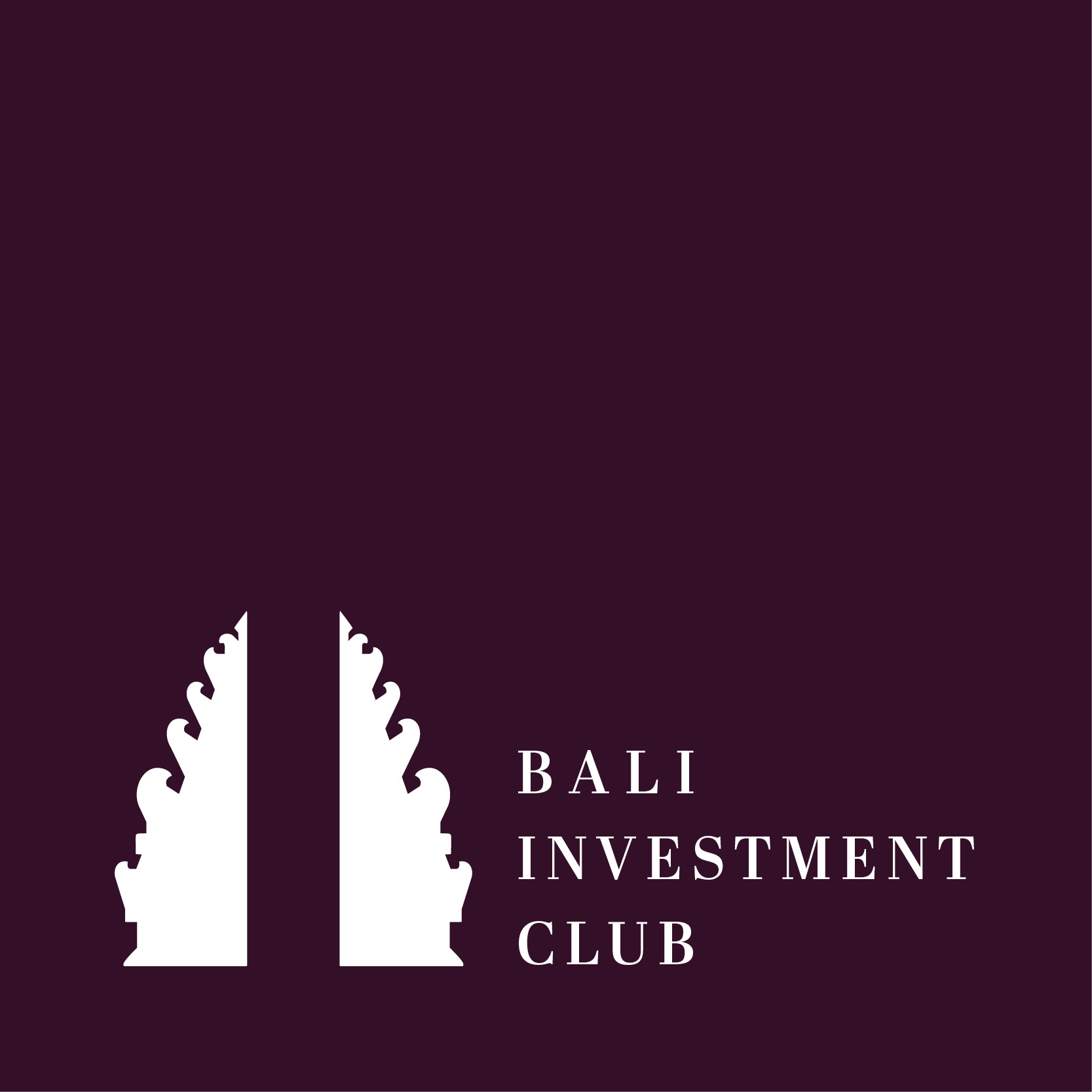

As the fourth most populous country in the world and supported by strategic maritime routes and good economic stability, Indonesia offers numerous business opportunities for both domestic as foreign entrepreneurs and investors. With Indonesia’s abundance of commodities and various thriving industries, ranging from tourism to property, the archipelago has continuously proven its status as a major economic power with great potential both regionally and globally, as Indonesia is set to become the fourth most powerful global economy by 2050. According to Trading Economics, economic growth in Indonesia has steadily increased by more than seven percent per year over the last ten years and shows no signs of slowing down. It is clear why Indonesia is considered to be a global favorite of foreign investors to engage in business ventures, start fruitful collaborations and make impactful investments.
If you are looking to expand your efforts within Indonesia’s business landscape, it is important to first gain an understanding of the different types of business structures that are available. Understanding the benefits and limitations of these entities will help you choose the structure best suited for your business objectives. Generally, there are three types of private-owned companies in Indonesia: Company Limited (PT), Commanditaire Vennootschap (CV) and Firma (FA).
PT (Company Limited)
is the first and most common type of legal entity used by local business owners in Indonesia, but may also be formed by foreigners through a PT PMA. This business vehicle is preferred because the shareholders’ responsibility for liabilities and debt of the company are limited to their initial capital contributions, which protects their personal assets. There are several classified types of TPs, with the main characteristics including being a profit-driven business, having a clear corporate jurisdiction and business relationships that are governed by civil law, and generally requiring a minimum of one director, two local Indonesian shareholders and one commissioner. Establishing your company as a PT makes it more convenient to attract capital from the public as shares are easily transferable. More importantly, any Indonesian company that would like to receive foreign investments is required to have PT as its business structure. If you are keen on drawing foreign investors and capital into your business to fuel your growth, establishing your company as a PT is the way to go. Apart from the prior mentioned perks, PTs also have their disadvantages that should be taken into account. Setting up a PT comes with relatively high costs and long processing times, responsibility to make tax reports to the government and the requirement of special local and national permits for the establishment of the company..
CV (Commanditaire Vennootschap or Allied Commanditaire)
which is a business form that is not considered a legal entity as it is not governed by specific regulations, making the general partners personally liable for possible debts of the company. A CV is formed by two or more partners, which fall in the category of either active or silent partners. Active partners provide the venture with capital and run the daily business, while silent partners only provide capital, limiting their responsibility to the capital invested. Advantages of the CV as business structure consist of easier establishment with no minimum capital requirement, ability to acquire larger amounts of capital and credit, and thus greater expansion opportunities. Disadvantages include the limitation of carrying out only various business activities within certain fields, difficulty of pulling back investments, unprotected personal assets and the exclusion of foreigners as potential partners or investors.
FA (Firma)
is a business form which is incorporated by two or more partners, each being solely responsible for the company’s obligations. All members involved sign an agreement, defining the terms of the partnership including their shared name, the duration of the operations and the profit distribution. FA’s are easy to establish, have a clear legal status and allow for efficient deployment of the partner’s distinctive skills and expertise. Nevertheless, as the company is built on strong interpersonal bonds, internal conflict and tension between partners make it prone to threats for its survival and continuity. The firm is disbanded as soon as one of the members leaves, making this business entity less robust than its priorly mentioned counterparts. On top of that, partners have unlimited liability for any possible debts of the company, which potentially could be at the expense of one’s personal assets.
Each type of business structure comes with its own distinctive advantages and disadvantages. Taking the time to understand the regulations and perks related to the relevant business structures will arm you with the right knowledge and benefit your business efforts in the long run. If needed, seek local consultation to support you in deciding on the business structure which best suits your needs. The BIC team wishes you success in setting up your venture capital and will welcome your funding application when your New Paradigm business is ready to grow.
Sources
- https://tradingeconomics.com/indonesia/gdp-growth-annual
- https://www.pwc.com/gx/en/research-insights/economy/the-world-in-2050.html
- https://indonesia.acclime.com/guides/business-structures/
- https://www.porosilmu.com/2019/06/definisi-commanditaire-vennootschap-atau-cv.html
- https://www.legalakses.com/the-forms-of-business-entities-in-indonesia/
- https://www.cekindo.com/blog/indonesian-business-entities
- https://www.liputan6.com/news/read/4390489/sandiaga-ungkap-3-sektor-usaha-yang-akan-tren-hingga-10-tahun-ke-depan

